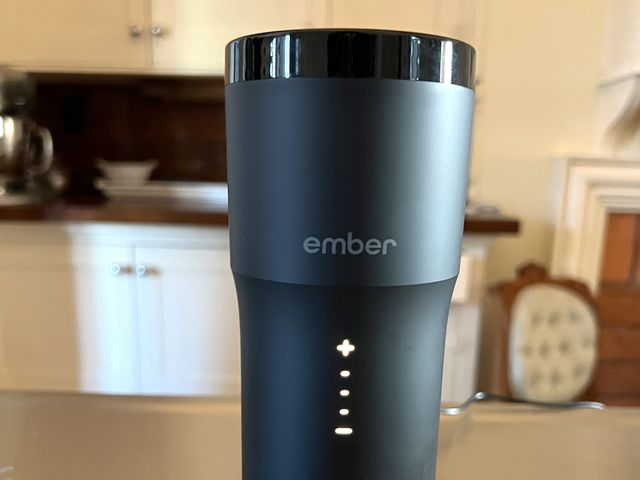This holiday season, rather than searching on Google, more Americans will likely be turning to large language models to find gifts, deals, and sales. Retailers could see up to a 520 percent increase in traffic from chatbots and AI search engines this year compared to 2024, according to a recent shopping report from Adobe. OpenAI is already moving to capitalize on the trend: Last week, the ChatGPT maker announced a major partnership with Walmart that will allow users to buy goods directly within the chat window.
As people start relying on chatbots to discover new products, retailers are having to rethink their approach to online marketing. For decades, companies tried to game Google’s search results by using strategies known collectively as search engine optimization, or SEO. Now, in order to get noticed by AI bots, more brands are turning to “generative engine optimization,” or GEO. The cottage industry is expected to be worth nearly $850 million this year, according to one market research estimate.
GEO, in many ways, is less a new invention than the next phase of SEO. Many GEO consultants, in fact, came from the world of SEO. At least some of their old strategies likely still apply since the core goal remains the same: anticipate the questions people will ask and make sure your content appears in the answers. But there’s also growing evidence that chatbots are surfacing different kinds of information than search engines.
Imri Marcus, chief executive of the GEO firm Brandlight, estimates that there used to be about a 70 percent overlap between the top Google links and the sources cited by AI tools. Now, he says, that correlation has fallen below 20 percent.
Search engines often favor wordiness—think of the long blog posts that appear above recipes on cooking websites. But Marcus says that chatbots tend to favor information presented in simple, structured formats, like bulleted lists and FAQ pages. “An FAQ can answer a hundred different questions instead of one article that just says how great your entire brand is,” he says. “You essentially give a hundred different options for the AI engines to choose.”
The things people ask chatbots are often highly specific, so it’s helpful for companies to publish extremely granular information. “No one goes to ChatGPT and asks, ‘Is General Motors a good company?’” says Marcus. Instead, they ask if the Chevy Silverado or the Chevy Blazer has a longer driving range. “Writing more specific content actually will drive much better results because the questions are way more specific.”



